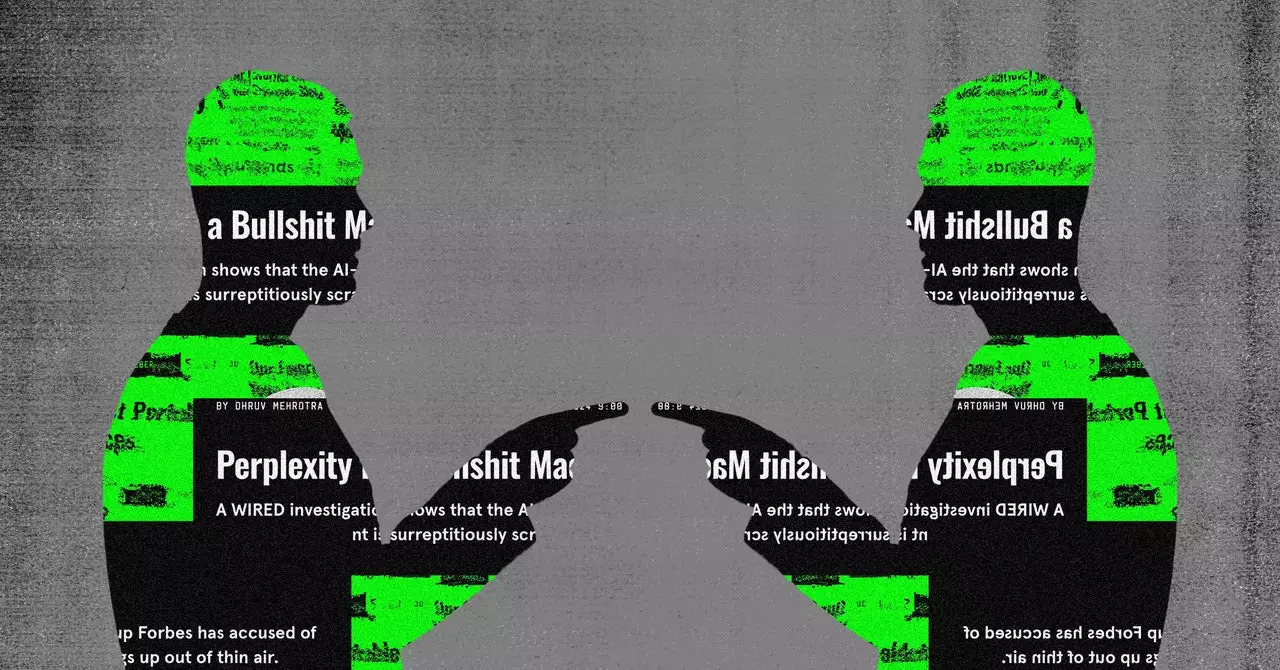The advancement of artificial intelligence technology has raised significant legal concerns when it comes to the creation and dissemination of content. While AI tools like chatbots and algorithms have made it easier to generate and summarize information, the potential for legal risks, specifically in the areas of defamation and copyright infringement, cannot be overlooked.
One of the primary concerns is the risk of defamation when AI tools summarize stories incorrectly and make them defamatory. Legal expert James Grimmelmann highlights that not crediting the original source clearly enough or making false claims could expose the creators to legal liability. In a case observed by WIRED, Perplexity’s chatbot falsely claimed that a specific police officer in California had committed a crime, even though it was linking to the original source. This raises questions about the accuracy and accountability of AI-generated content.
Experts in the field of law have varying opinions on the legal implications of AI-generated content. While some like Pam Samuelson argue that copyright infringement is about the use of another’s expression that undercuts the author’s ability to receive appropriate remuneration, others like Bhamati Viswanathan are skeptical about the threshold of substantial similarity required for infringement claims. Viswanathan emphasizes the need to consider the broader implications of tech companies potentially violating copyright laws while still adhering to the letter of the law.
The debate over AI-generated content brings into question the adequacy of current copyright laws in addressing the nuances of technological advancements. Some experts, like Viswanathan, argue that a new legal framework may be necessary to address market distortions and promote the underlying aims of intellectual property law. The goal is to ensure that creators can financially benefit from their original work, such as journalism, while also incentivizing them to produce quality content for societal benefit.
The legal risks associated with AI-generated content are complex and multifaceted. While AI technology has the potential to enhance creativity and content generation, it also poses significant challenges in terms of accountability, accuracy, and legal compliance. As society continues to grapple with the implications of AI in the creative landscape, it becomes increasingly important to strike a balance between innovation and legal responsibility. The future of AI-generated content depends on a careful consideration of legal risks and ethical considerations to ensure a sustainable and legally compliant creative ecosystem.


Leave a Reply